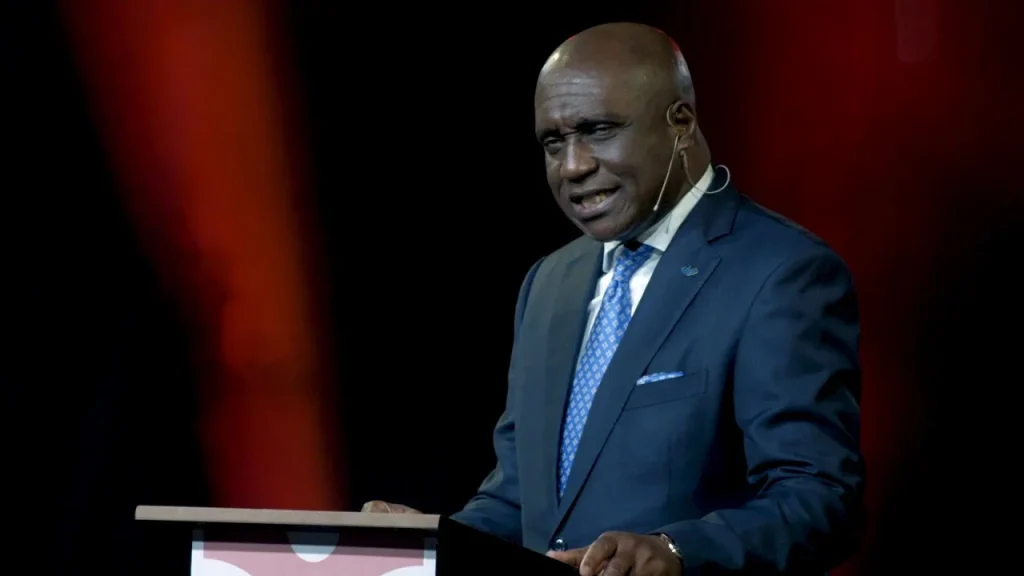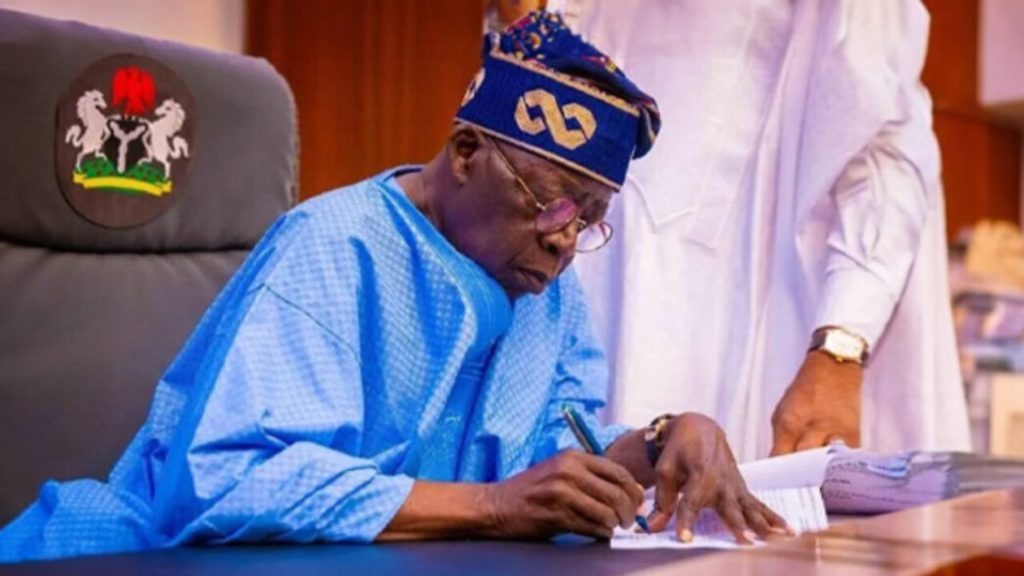Global Health Leaders Unite to Tackle Pandemics and Climate Change
In a powerful call to action, the 78th World Health Assembly kicked off in Geneva, Switzerland, with a rallying cry for global solidarity in the face of mounting health, climate, and financial challenges. At the heart of the assembly is a historic moment: the finalization of a global treaty aimed at preventing the next pandemic. Tedros Adhanom Ghebreyesus, Director-General of the World Health Organization (WHO), urged member states to remain focused on shared goals, emphasizing, "We are here to serve not our own interests, but the eight billion people of our world."
The proposed pandemic accord, a result of three years of negotiations between all WHO member states, is a central item on the assembly’s agenda. If adopted, it would mark only the second time countries have come together to approve a legally binding global health treaty under WHO’s founding rules. This treaty is crucial in preventing the kind of fragmented response that characterized the early stages of COVID-19. Dr. Tedros hailed this as "truly a historic moment," noting that despite significant opposition, member states worked tirelessly to reach their goal.
The assembly, which runs through May 27, brings together delegations from 194 member states under the theme "One World for Health." The agenda includes discussions on climate, conflict, antimicrobial resistance, and digital health, alongside a vote on the pandemic agreement and a reduced budget proposal. Dr. Tedros presented highlights from WHO’s 2024 Results Report, citing progress in tobacco control, with a global one-third reduction in smoking prevalence since the WHO Framework Convention entered into force two decades ago. He also praised countries like Côte d’Ivoire, Oman, and Viet Nam for introducing stronger regulations.
However, the WHO is facing significant financial challenges, with a salary gap of over $500 million for the next biennium. Dr. Tedros emphasized the need for member states to increase their contributions, stating, "Either we must lower our ambitions for what WHO is and does, or we must raise the money." He contrasted WHO’s budget with global spending priorities, pointing out that $2.1 billion, a fraction of the organization’s needs, is equivalent to global military expenditure every eight hours or the price of one stealth bomber.
As the assembly looks to the future, Dr. Tedros outlined new initiatives in pandemic intelligence, vaccine development, and digital health, including expanded work on artificial intelligence and support for mRNA technology transfer to 15 countries. The WHO has also restructured its headquarters, reducing management layers and streamlining departments. In conclusion, Dr. Tedros said, "Our current crisis is an opportunity. Together, we will do it," emphasizing the potential for transformation and collective action in the face of global health challenges.



